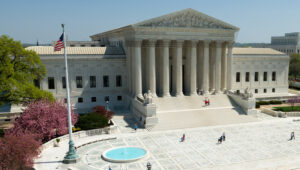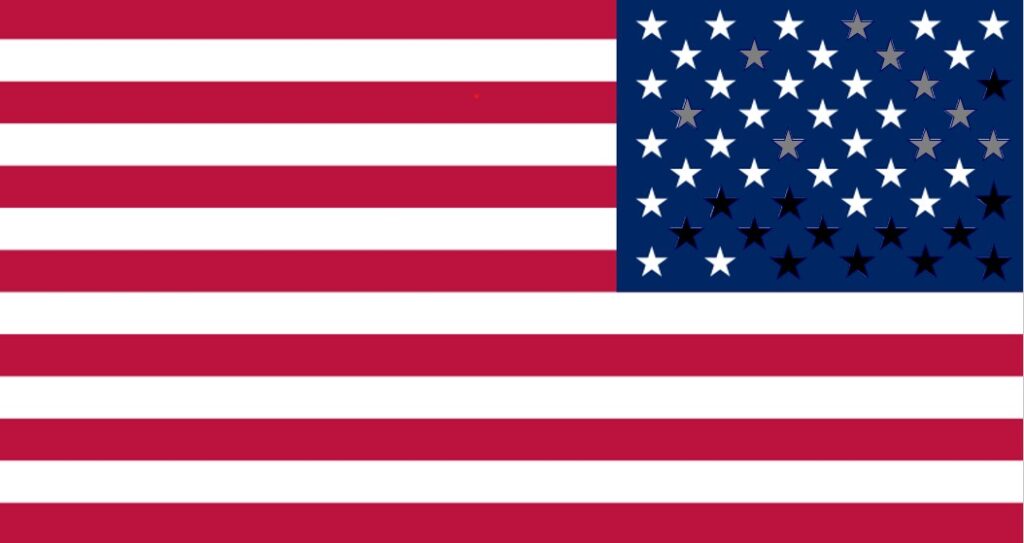While the United states Armed Forces (private mercenaries) are in Vietnam, “united in … determination to take all necessary measures in support of freedom,” the supreme court, of the corporate United states, refuses to hear Laird v. Tatum, letting stand a decision by the District of Columbia circuit court of appeals: the U.s. Army may not be sued for spying on U.s. subject/enemy/citizens if no harm was done.
In a dissenting opinion William O. Douglas, associate justice, writes:
The start of the problem is the constitutional distinction between the “militia” and the Armed Forces. By Article I, Section 8, of the Constitution, the militia is specifically confined to precise duties: “to execute the Laws of the Union, suppress Insurrections and repel Invasions.”
This obviously means that the “militia” cannot be sent overseas to fight wars. It is purely a domestic arm of the governors of the several States,] save as it may be called under Art[icle] I, [Section] 8, of the Constitution into the federal service. Whether the “militia” could be given powers comparable to those granted the FBI is a question not now raised, for we deal here not with the “militia,” but with “armies.”
· · · · · · ·
This case involves a cancer in our body politic. It is a measure of the disease which afflicts us. Army surveillance, like Army regimentation, is at war with the principles of the First Amendment. Those who already walk submissively will say there is no cause for alarm. But submissiveness is not our heritage. The First Amendment was designed to allow rebellion to remain as our heritage. The Constitution was designed to keep government off the backs of the people. The Bill of Rights was added to keep the precincts of belief and expression, of the press, of political and social activities free from surveillance. The Bill of Rights was designed to keep agents of government and official eavesdroppers away from assemblies of people. The aim was to allow men to be free and independent and to assert their rights against government. There can be no influence more paralyzing of that objective than Army surveillance. When an intelligence officer looks over every nonconformist’s shoulder in the library, or walks invisibly by his side in a picket line, or infiltrates his club, the America once extolled as the voice of liberty heard around the world no longer is cast in the image which Jefferson and Madison designed, but more in the Russian image.
[restored 11/6/2022]
Subsequent Events:
Authority:
“Law of the Jungle”
ccc-2point0.com/preface
References:
Laird v. Tatum, 408 U.S. 17-18, 29-30 (1972), (Douglas, J., dissenting).
Laird v. Tatum – Wikipedia
en.wikipedia.org/wiki/Laird_v._Tatum
us events
www.duke.edu/~charvey/Country_risk/chronology/us-events.htm


